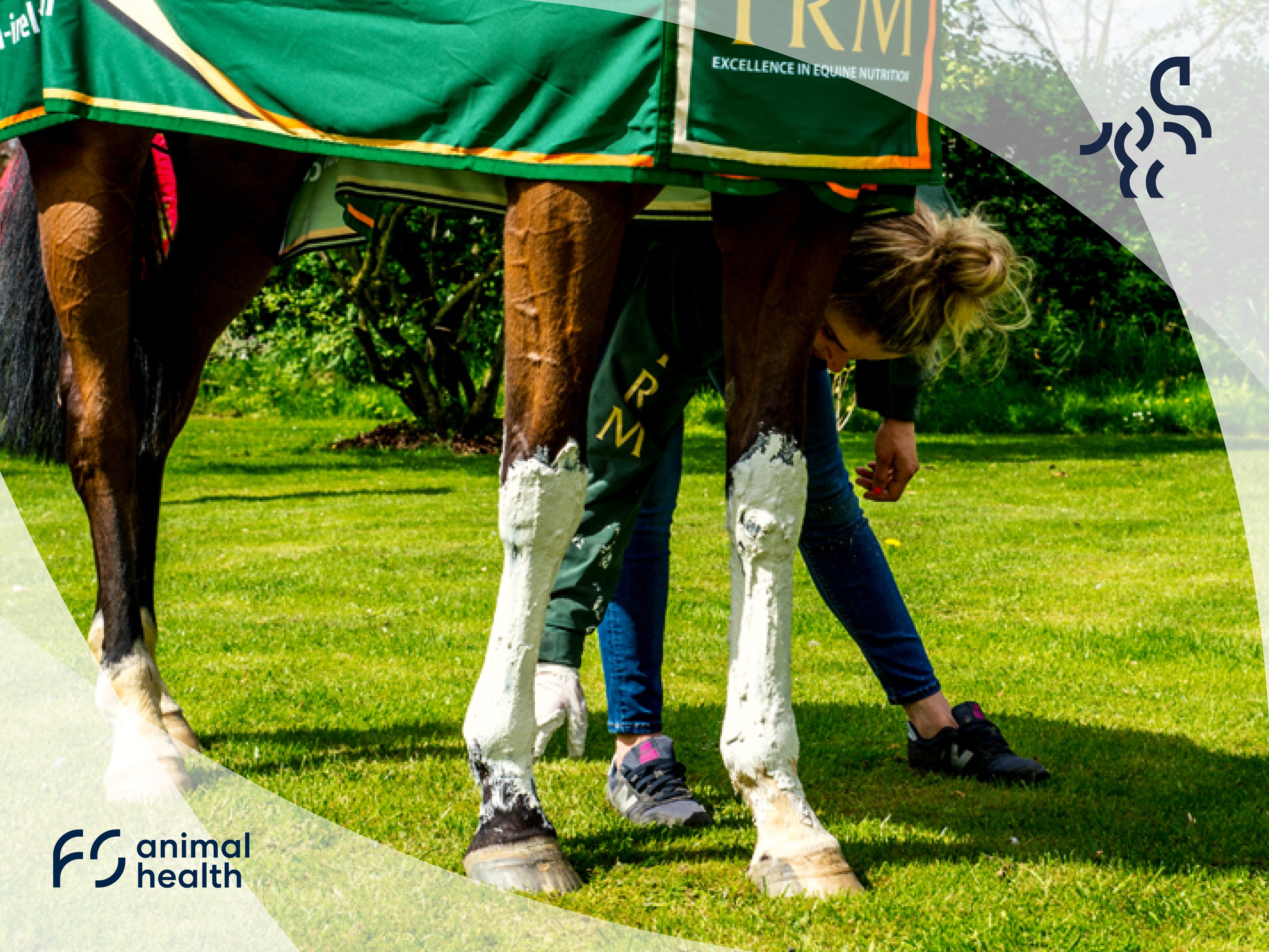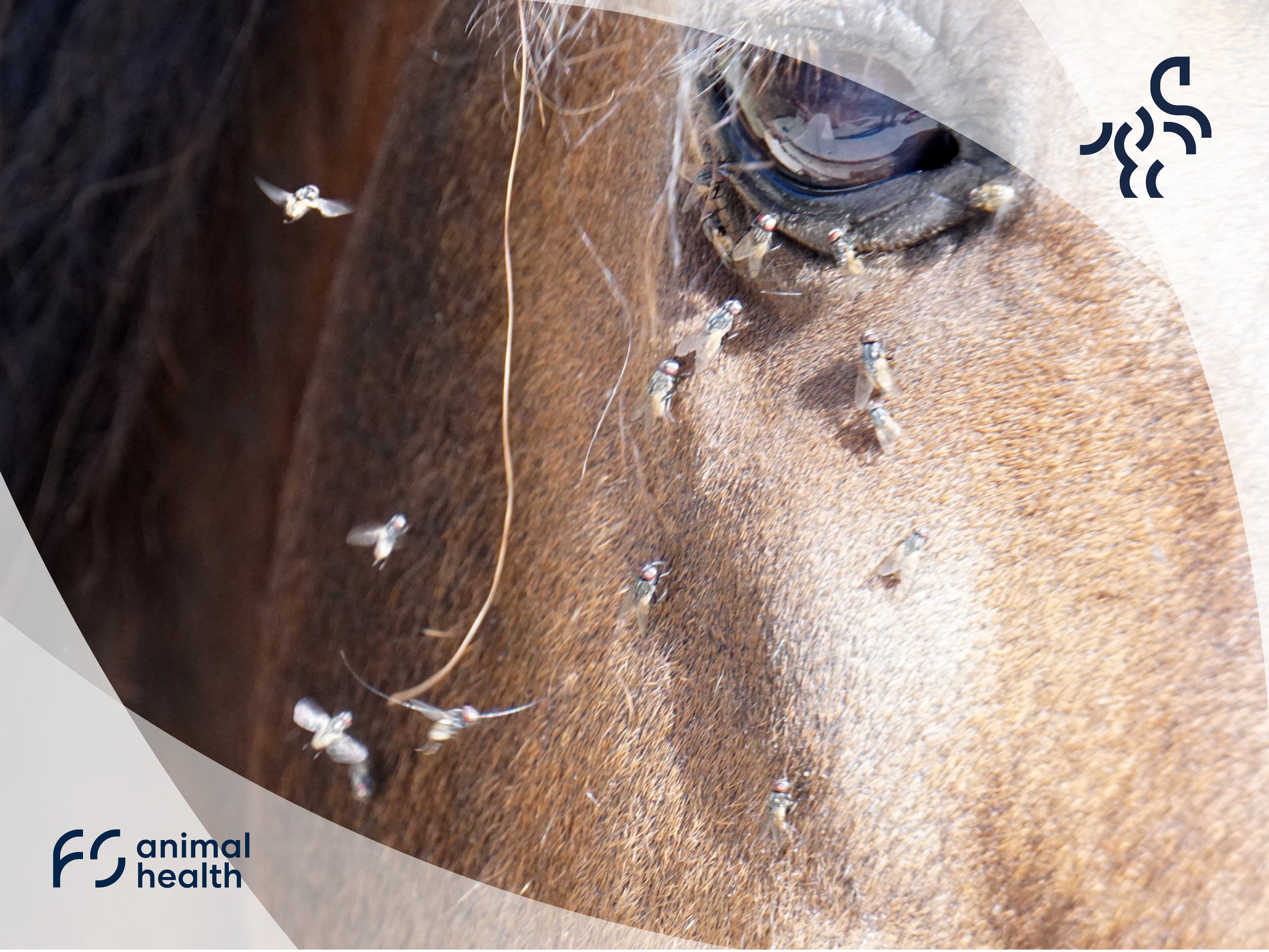For a horse to perform at its best, it must be properly hydrated and provided with sufficient amounts of electrolytes. Horses are unique among athletic animals in that they cool their bodies primarily by sweating profusely. Water loss is noticeably increased in performance horses in hot weather and during hard work. However, water is not the only substance that the horse loses through sweating. Electrolytes are also excreted in large quantities. The composition of horse sweat is very unusual due to its hypertonicity, comparable to plasma. This places even greater emphasis on the need for electrolytes.
Horses cool their bodies primarily through increased sweating. Not only water, but also essential electrolytes are lost. Low electrolyte levels can lead to poor performance in horses - due to water loss, muscle problems such as "tying up" and lactic acid buildup in the muscles. Electrolyte loss is considerably higher in hot weather and during increased exertion. This makes regular electrolyte supplementation all the more important.
The word Electrolyte is made up of two words:
Electron "charged" and lyte "dissolved in"
The charged particles that are dissolved in body fluids are called ions, or more colloquially: body salts. All horses need electrolytes to survive.
When caring for a sport horse, the weighting of nutrients should be seen in the following order:
1. Water, 2. Electrolytes and 3. Energy
The reason electrolytes are more important than energy has to do with thermoregulatory requirements. The working horse produces a tremendous amount of heat in its muscles. Heat is a byproduct of the conversion of potential energy to kinetic energy. This can raise the body temperature of horses from 39°C at rest to 42°C in a matter of minutes. The horse copes by producing copious amounts of sweat to cool down. (Thoroughbreds running distances of 1 to 2 miles lose up to 10 L of fluid during the warm-up, race and recovery phases.)
The substantial loss of fluid and electrolytes through sweating results in a striking adverse effect on temperature regulation and cardiac muscle function. Electrolytes are necessary for water balance and muscle function. When a horse sweats, it loses water, electrolytes and the protein latherin. Sodium, bicarbonates, chlorides and potassium are lost in large quantities. Therefore, it is important to consider the content when composing an electrolyte mix. Magnesium and calcium are very important electrolytes to include in an electrolyte supplement.



